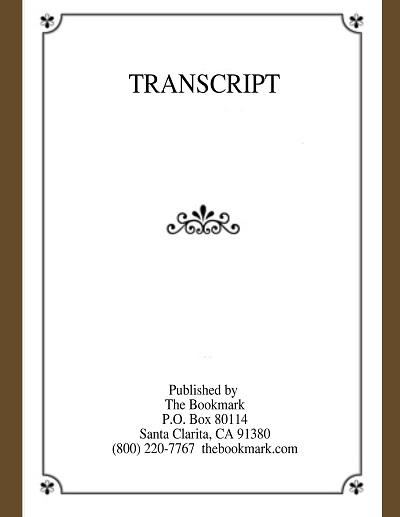Description
Let God Do It explains the difference between attempting to heal with human will and learning to get self out of the way to “let God do it.” The author has a very engaging way of making his points with examples of healing, and experiences familiar to us all. In the first book of this series, Mr. Winslow brings home a very important idea in the practice of spiritual healing. He writes: “Christian Science produces or promotes right thinking in the human race and in the world. It produces right thinking, but right thinking never produces the Christ. In any system of right thinking, the person tries to do some right thinking in order to counteract some wrong thinking or its results. This is not Christian Science.
“In the Science of Mind or Mind healing, instead of the person trying to do some right thinking, he tries to get himself out of the way, eliminate self, or as the Master said, ‘deny himself.’ He endeavors as Jesus also said to ‘take no thought’ – not to take right thought, but to take NO thought’; he tries to stop his own thinking, to still the human mind, or ‘silence the material senses,’ whereupon just to the measure of his success in so doing,
does the Christ arise in him and become his Savior, saving him from whatever he needs to be saved. . . .
“As one stills the human mind by refusing to entertain human thoughts and opinions, the doctrines, theories, and fears of men, and the preconceived imaginations of the human mind, and by turning to God in praise, thanksgiving and glorification, one finds that he naturally adapts a listening attitude, in an endeavor to hear what God is saying, rather than have God hear what he himself thinks or says. . . . As one listens, God will speak to him. As one teacher puts it, ‘How can you expect to hear God speak in that gentle and inward voice which melts the soul, when you are making so much noise with your rapid reflections? Be silent. God will speak again.’”
Mr. Winslow’s first book was published in 1937. It was so popular that he wrote three more volumes on the same theme. Time has only enhanced the ideas he presents for at the heart of many problems is self-will, often exercised in the name of good. He explains why and how we need to let go of the human will and obey the divine will.

